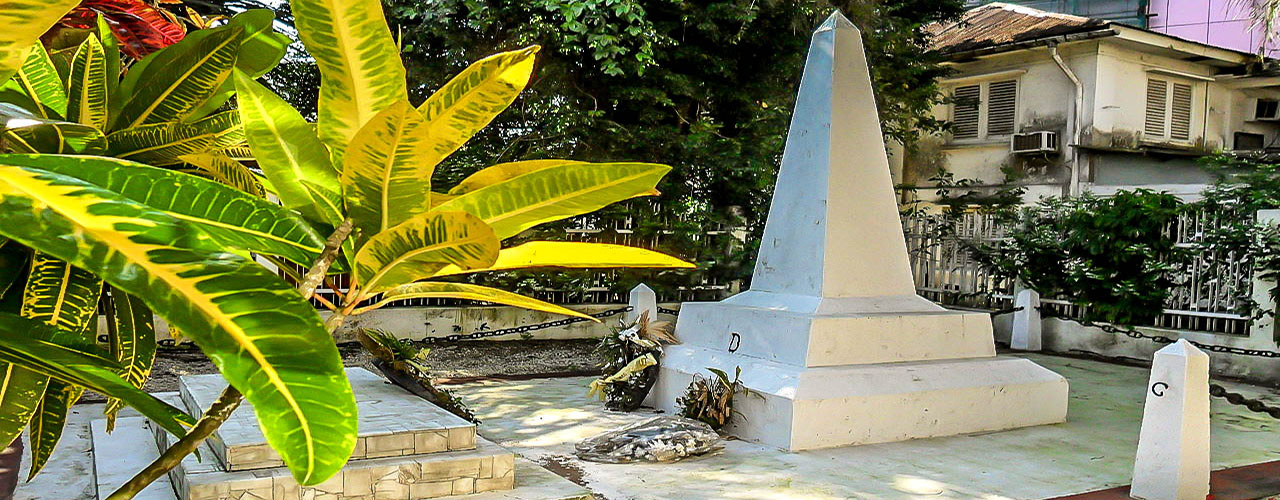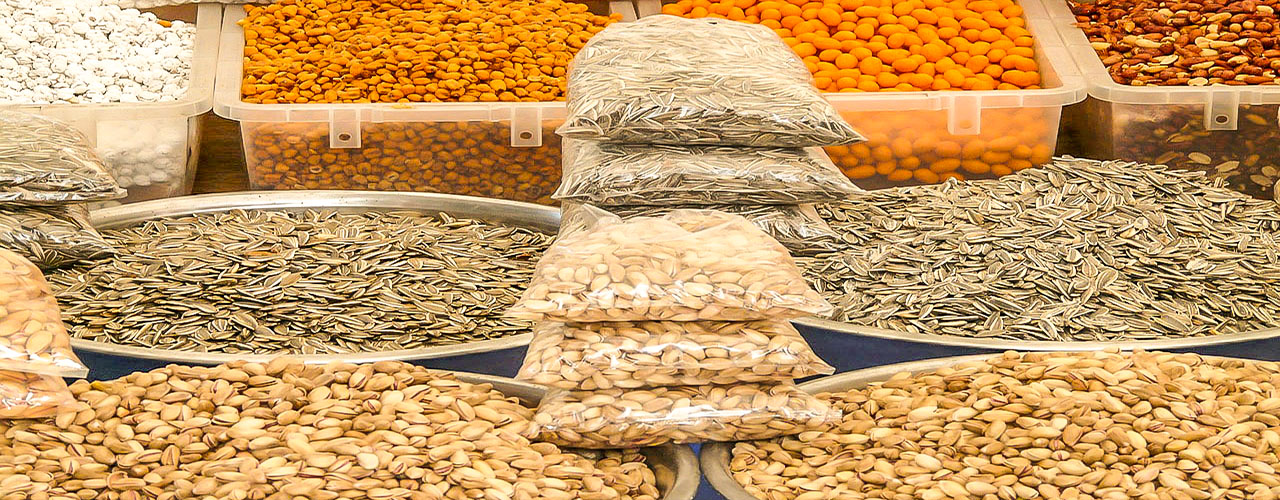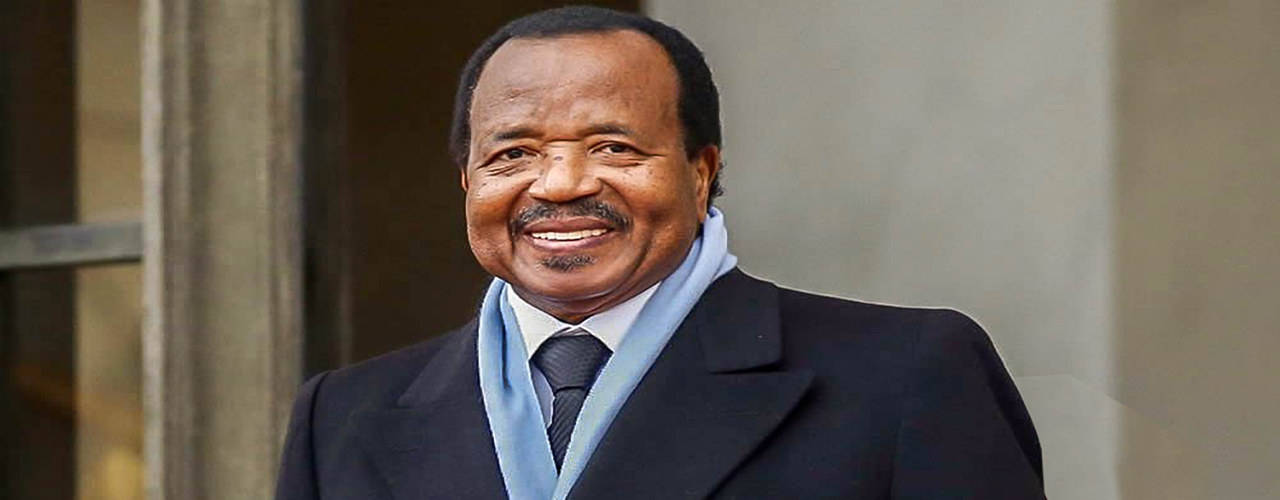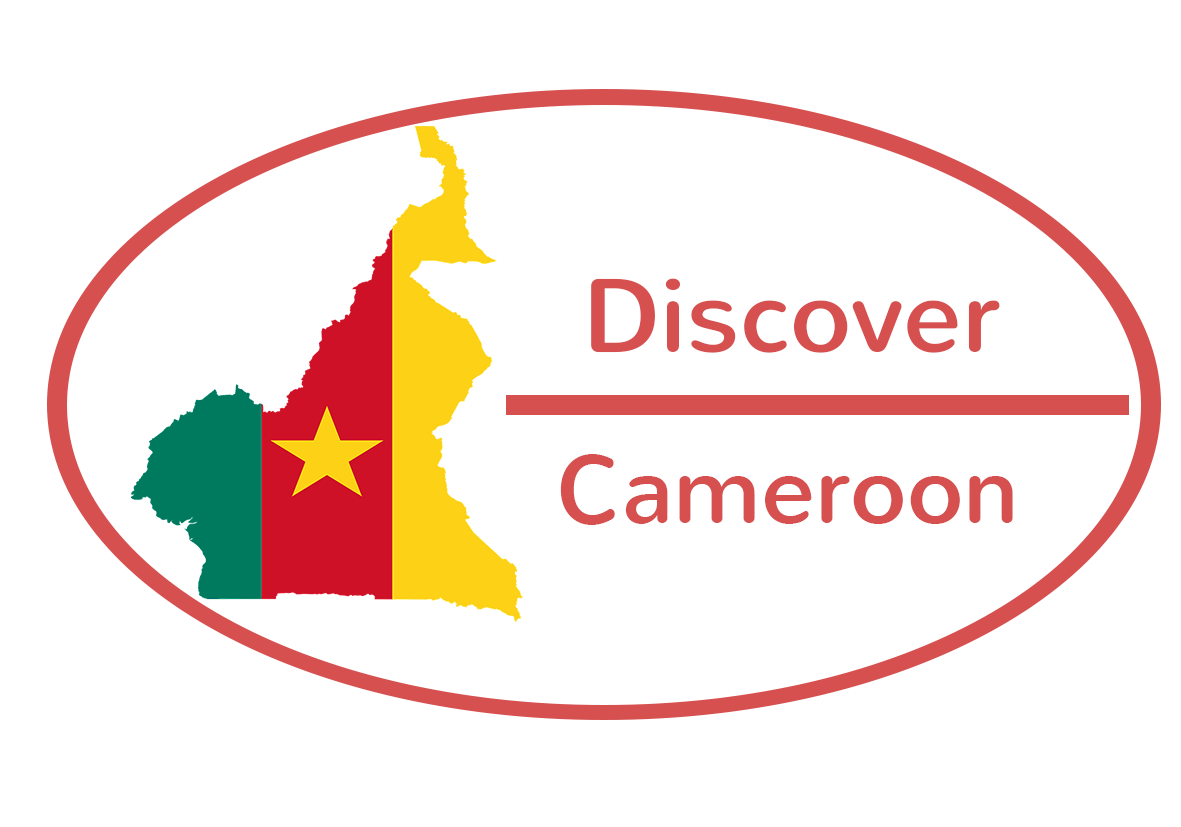History of Cameroon

Portuguese sailors in search of the sea routes to India reached the coast of Cameroon in 1472 and were surprised by the number of shrimp found in the Cameroonian waters. The explorer Fernando Pôo baptized Cameroon as the “Rio dos Camaroes “(River of Prawns). Cameroon passed under German protectorate in 1884 after the signing of a protectorate treaty between the Douala kings and the representatives of the German government.
The Capital of Cameroon at the time Douala (1885-1901) was replaced by Buea in 1901. After the defeat of Germany in World War I, the League of Nations made Cameroon a mandated territory and Cameroon was then placed under the protection of France and Britain from 1919-1945, then under Trusteeships from 1945-1960 and British Cameroon was annexed to Nigeria leaving the rest French Cameroon. On 1 January 1960, French Cameroon became independent and Ahmadou Ahidjo was appointed the first president of the country. On 1 October 1961, the British Cameroon which had belonged to Nigeria was also made independent and the two sides formed the Federal Republic of Cameroon.
Economy

Cameroon has some of the best raw materials as well as oil sources and favorable agricultural conditions in sub-Saharan Africa. Since 1990, the government has committed to various programs with the IMF and the World Bank to boost business investment and increase agriculture efficiency. The IMF is asking for more reforms, including budget transparency, privatization, and poverty reduction programs. Cameroon’s state budget is overburdened by subsidies for essentials such as electricity, fuel, and food which significantly reduces the budget. Cameroon has several major infrastructure projects including a deepwater port at Kribi and a hydroelectric project in Lom Pangar. A natural gas power plant was recently opened. Despite these efforts, Cameroon, like other underdeveloped countries faces a number of problems such as a low per capita income, and a rising unemployment. Cameroon needs more investment to improve its infrastructure and standards of living.
Politics

Cameroon is a parliamentary republic where the executive branch (the government) derives its legitimacy from and is accountable to the legislature, (The Parliament) . The president is elected by direct secret ballot for a term of seven years. The President proceeds by decree for all important appointments and appoints the Prime Minister and on the proposal of the latter, the other members of the government. There is a division between the church and state, executive branch makes policy and legislative power is exercised by the National Assembly and the Senate, the National Assembly and it is composed of 180 members and elected by direct secret ballot for a term of five years.
Cameroon has some of the best raw materials as well as oil sources and favorable agricultural conditions in sub-Saharan Africa. Since 1990, the government has committed to various programs with the IMF and the World Bank to boost business investment and increase agriculture efficiency. The IMF is asking for more reforms, including budget transparency, privatization, and poverty reduction programs. Cameroon’s state budget is overburdened by subsidies for essentials such as electricity, fuel, and food which significantly reduces the budget. Cameroon has several major infrastructure projects including a deepwater port at Kribi and a hydroelectric project in Lom Pangar. A natural gas power plant was recently opened. Despite these efforts, Cameroon, like other underdeveloped countries faces a number of problems such as a low per capita income, and a rising unemployment. Cameroon needs more investment to improve its infrastructure and standards of living.
